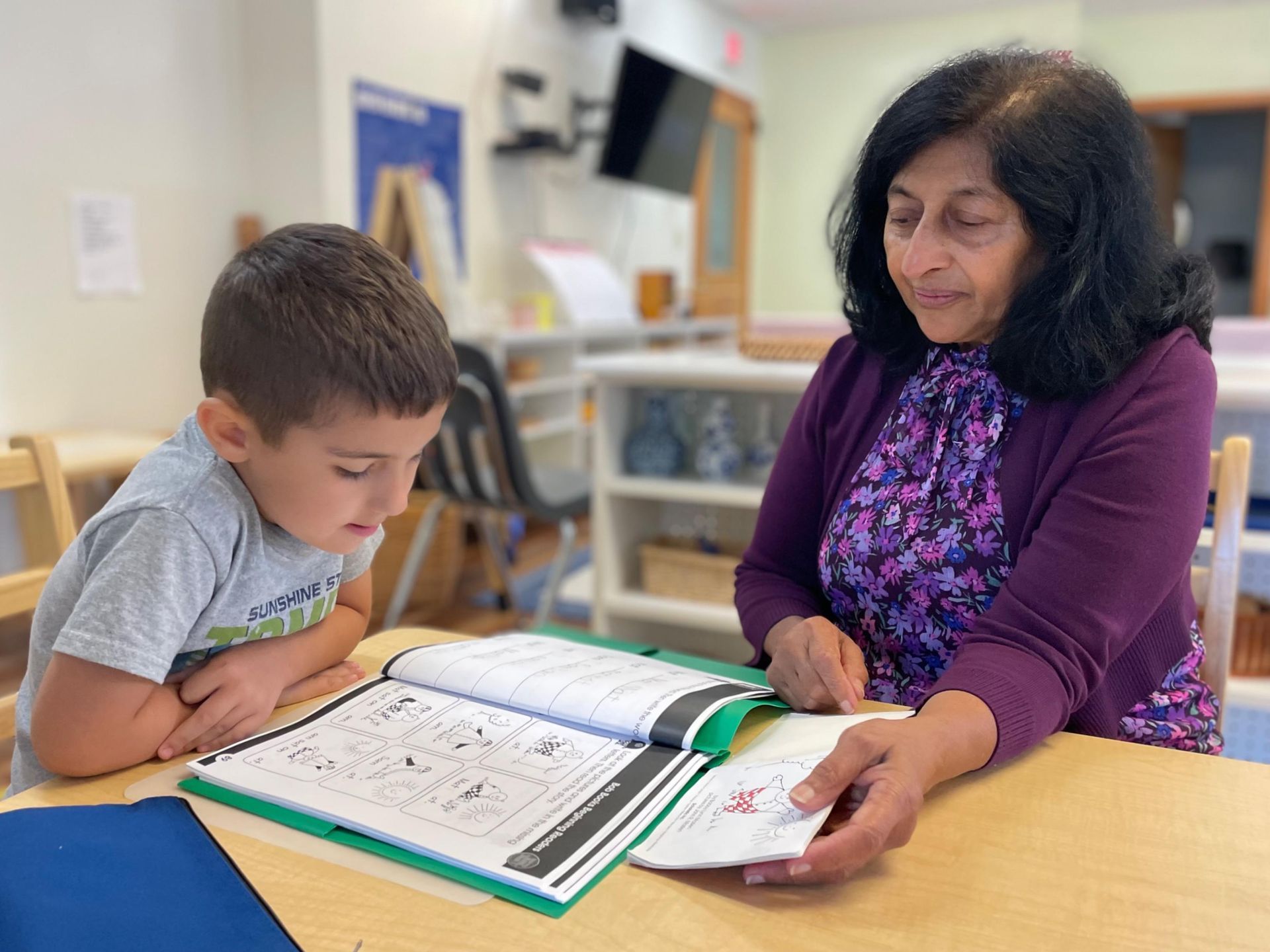
1.Child-Centered Learning
Montessori education revolves around the child. In these classrooms, children are encouraged to explore, discover, and learn at their own pace. The individualized approach fosters a love for learning, independence, and a deep sense of curiosity.
2. Hands-On Learning Materials
Montessori classrooms are equipped with specially designed, hands-on learning materials that facilitate sensory exploration and skill development. These materials promote concrete understanding, laying a strong foundation for abstract thinking.
3. Development of Independence
One of the cornerstones of Montessori philosophy is the cultivation of independence. Through age-appropriate tasks and responsibilities, children learn to make choices, solve problems, and take ownership of their learning journey.
4. Multi-Age Classrooms
Montessori classrooms typically include children of different ages. This setup allows younger students to learn from older peers, fostering collaboration, leadership skills, and a sense of community. The multi-age dynamic mirrors real-world interactions.
5. Respect for the Child
Montessori educators believe in respecting each child as an individual with unique strengths and interests. This philosophy creates an environment where children feel valued, heard, and understood, contributing to positive self-esteem.
6. Focus on Social and Emotional Development
Montessori educators believe in respecting each child as an individual with unique strengths and interests. This philosophy creates an environment where children feel valued, heard, and understood, contributing to positive self-esteem.
7. Freedom within Limits
Montessori environments provide children with freedom to choose activities within established limits. This balance allows them to explore their interests while understanding the importance of respect, responsibility, and consideration for others.
8. Prepared Environment
Montessori classrooms are meticulously prepared to meet the developmental needs of the children. Thoughtfully arranged furniture, engaging learning materials, and an aesthetically pleasing atmosphere create an environment conducive to learning and
exploration.
9. Focus on Practical Life Skills
Practical life skills are integrated into the Montessori curriculum, teaching children essential daily tasks such as pouring, buttoning, and cleaning. These activities not only contribute to a child's independence but also enhance fine motor skills and coordination.
10. Lifelong Love for Learning
Perhaps the most profound outcome of a Montessori education is the cultivation of a lifelong love for learning. By instilling a sense of curiosity, self-motivation, and a strong foundation of skills, Montessori education prepares children not just for academic success but for a fulfilling and engaged life.
Montessori education, with its child-centric philosophy, hands-on learning approach, and emphasis on holistic development, offers a compelling choice for parents seeking an enriching educational experience for their children. The principles established by Dr. Maria
Montessori continue to resonate, fostering a love for learning that extends far beyond the classroom and into every aspect of a child's life.


